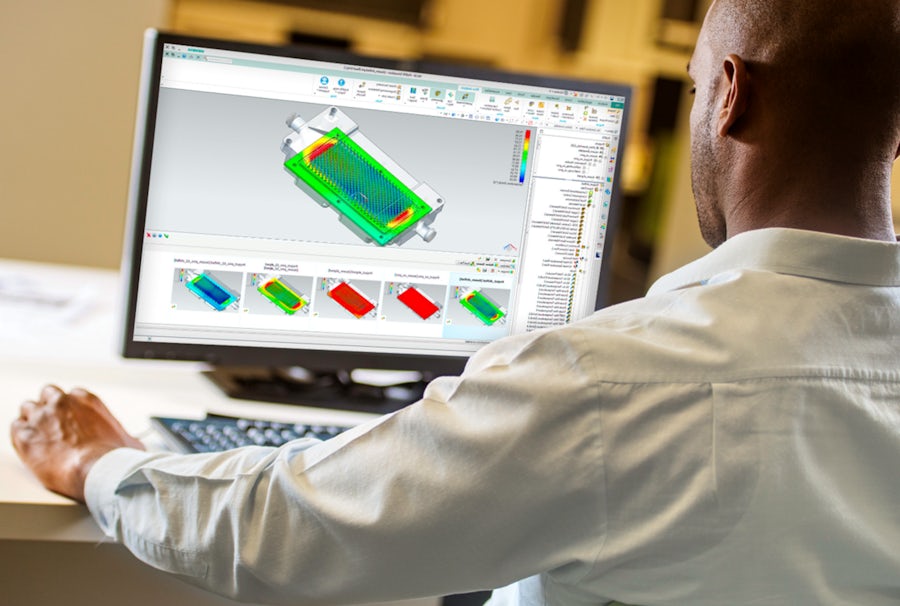Electronics manufacturers consistently balance anticipating customer needs, adapting to new product innovations and continuously changing requirements. Traditional design practices make managing complexity challenging as teams struggle to keep up with changes and updates. Because most teams use a stop-and-go design approach, they don't have the tools to see the impact of changes and can't adapt or validate them fast enough. The key to successful design programs is a simulation-driven design approach. Download this ebook to learn more about simulation-driven design.
Simulation-Driven Design: The Key to Faster Time-to-Market
One of the primary benefits of simulation-driven design is the savings on time:
- Teams can avoid unpredictable issues that come from costly and time-consuming test-build approaches
- With access to the right tools, teams can accurately perform root cause analysis
- Finding and sharing design information is no longer a task, it’s automatically built-in
How Simulation Can Improve Innovation in Electronics Design
When simulation is the cornerstone of any design program, designers can access the right mix of simulation tools to increase their confidence in validating and checking their particular system part before the physical build. Designers don't need to wait to build physical prototypes or for experts to come in for testing and they can quickly review design options and the impact on other parts of the system. This multi-disciplinary approach enables teams to reduce rework and late-stage design changes. It also empowers teams to explore more ideas and concepts, ensuring the best designs move forward.
The Benefits of Incorporating Simulation Early in the Design Process
Offering designers the right simulation tools enable them to consistently design, verify and produce innovative products with the features and functions that customers demand.
Siemens simulation and analysis solutions offer a multi-disciplinary approach to design, leveraging an integrated verification and testing environment. Our tools enable engineers to find issues as early as possible in the system design lifecycle and offer industry-leading performance and platform scalability.
Learn more about a multi-disciplinary approach to design in this ebook.
